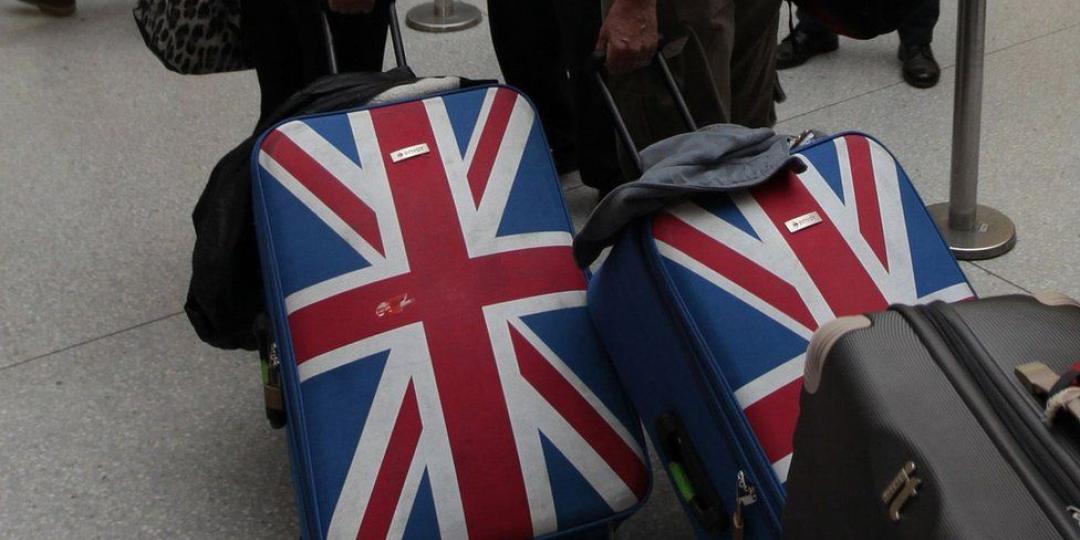Although the UK’s, and specifically England’s, travel restrictions have been eased, the loosening of the UK lockdown does nothing to ease travel to South Africa and much of southern and East Africa.
The biggest obstacle for the inbound tourism industry is that British travellers face a 10-day hotel quarantine on their return to the UK.
The rules have changed with effect from May 17, says www.gov.UK, depending on the country from which your travel originates. It should also be noted that there are different rules for travellers entering Scotland, Wales or Northern Ireland.
Countries are grouped into three categories, green, amber and red listed. The country in which a traveller spent the previous 10 days is deemed to be the country of origin of travel.
The green list – effective May 17
There are 17 green-list countries, none of them in Africa. The major inclusions on the green list are Australia, New Zealand, Israel, Portugal and Singapore. See the full list here.
Travellers coming to the UK from green list countries must:
• complete a passenger locator form
• take a COVID-19 test
• book and pay for a day two COVID-19 test
On arrival in England travellers must take a COVID-19 test on or before day two after arrival. These travellers do not have to quarantine, unless a positive test result is shown.
Travellers are obliged to self-isolate if NHS Test & Trace informs them that they travelled to England with someone who has tested positive.
The amber list – effective May 17
There are 159 countries on the amber list. The UK government tells citizens that they should not travel to amber-list countries for leisure purposes. British residents who have travelled to amber-list countries are required to (before travel to England):
• complete a passenger locator form
• take a COVID-19 test in the UK
• book and pay for day two and day eight COVID-19 travel tests, to be taken after arrival in England.
On arrival in England travellers from amber-list countries must:
• quarantine for 10 days at home or in the place they are staying.
• take a COVID-19 test on or before day two and on or after day eight.
These travellers may be able to end quarantine early if they pay for a private COVID-19 test through the ‘Test to Release’ scheme.
The red list – effective May 12
40 countries are on the red list, 19 of them in Africa, and South Africa is included. The UK government warns its citizens that they should not travel to red-list countries for leisure purposes. It also says only British or Irish nationals, or travellers who have residence rights in the UK will be allowed to enter the UK from red-list countries.
Before travelling to England from a red-list country, the traveller needs to:
• complete a passenger locator form
• take a COVID-19 test
• book a 10-day quarantine hotel package, including two COVID-19 tests
On arrival in England the traveller must:
• quarantine in a managed hotel, including two COVID-19 tests
The red list (for Africa) comprises:
Angola
Botswana
Burundi
Cape Verde
DRC
Eswatini
Ethiopia
Kenya
Lesotho
Malawi
Mozambique
Namibia
Rwanda
Seychelles
Somalia
South Africa
Tanzania
Zambia
Zimbabwe
Transit
Overall, travellers need to follow the rules for the highest risk country or territory they have been in or passed through in the 10 days previous to arrival. That can include transit stops.
The rules pertaining to the country or territory that the pax has made a transit stop in could apply if:
• new passengers got on and were able to mix with pax
• the passenger or other passengers got off the transport and mixed with other people, then got on again.
However, a normal transit stop would not affect what travellers have to do on arrival in England if, during the stop:
• no new passengers, who were able to mix with you, got on
• no one on board got off and mixed with people outside
• passengers got off but did not get back on
There are some fairly complex rules on transiting in England, which may be viewed on the website, www.gov.uk
A report on the BBC website says a 10-day (11-night) quarantine for one adult in one room is £1 750. There is an additional rate for another adult (or child over 11) of £650. Children aged 5-11 are charged £325.
There is a fine of £10 000 or jail time for not providing accurate details of countries visited.























